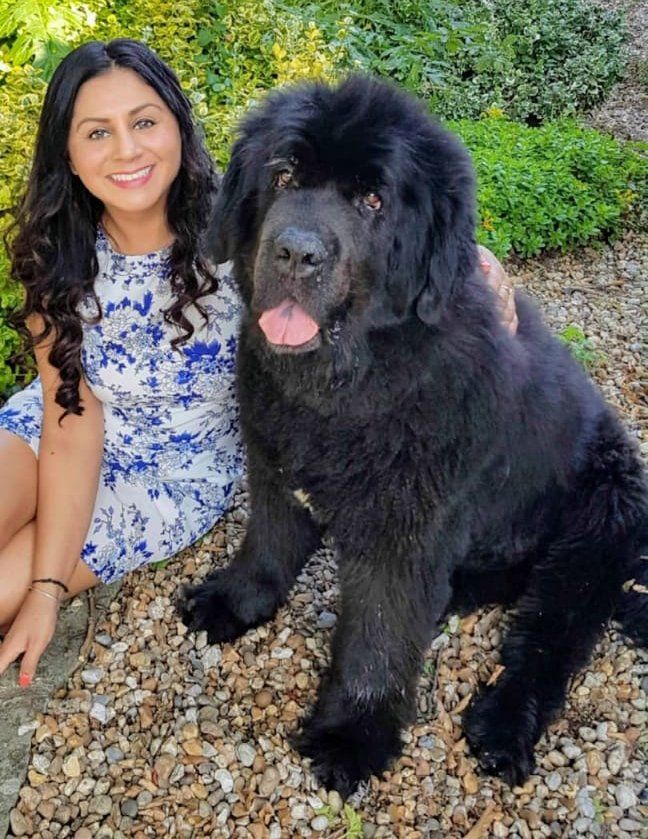Case Example
Rebecca
Any case examples that I share here are completely anonymised. Names and some case details are altered, disguised or changed to protect my clients’ absolute right to privacy.
Comparisonitis - and the negative effects it has on confidence -this Case example may help you.
Rebecca is a thirty-year-old woman who was struggling with self-esteem and confidence issues.
She had been seeking some sort of guidance for sometime. However, the people she had turned to really didn't understand her and so were unable to help her.
It became quite a struggle for her, in particular she had no confidence in her ability to cope with the workload she had in her profession. She found it impossible to imagine being a success.
Her mother recognised she needed something to help her overcome her shyness and to deal with the stress that she had suffered from since her teenage years. She suggested treatment with me.
Rebecca came to see me feeling quite reluctant. It seemed it was difficult for her to comprehend why her parents were so persistent that she should obtain help.
Strategy
Treatment
Comparisonitis will take away anyone's self-confidence and self-esteem.
The therapy, self-psychology, reflection and confidence-building exercises helped Rebecca move away from comparing herself to others.
She eventually found her own voice and was able to appreciate herself first, even if her parents, work colleagues or friends did not offer praise.
She used the techniques we’d worked on to praise herself. Over some time, learning to see the good in herself, appreciate her self worth, Rebecca was able to recognise her value and uniqueness by being her own best friend.

What is Comparison-itis or Comparisonitis?
Well, first of all both spellings are correct - although the hyphenated version tends to be more popular in the USA.
The correct psychological name is social comparison bias.
It became more commonly known with the popularity of social media but it has gone on for years. Perhaps in earlier times it was more colloquially known as Keeping up with the Joneses.
Frequently it is something that people do to themselves who hasn’t looked at someone else’s body, car, home or lifestyle and sighed that our own is not like that?
But it can be far more damaging when a parent or carer has inflicted it on a child.
Let’s be careful what we teach our children. They are all beautiful and unique and comparisons are unhealthy and unrealistic.
Margaret


